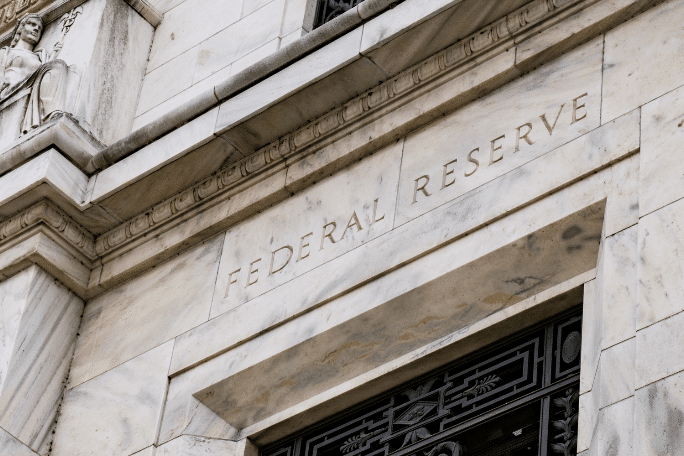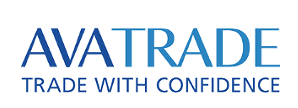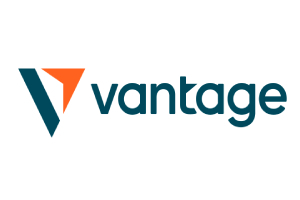Don’t invest unless you’re prepared to lose all the money you invest. This is a high-risk investment and you are unlikely to be protected if something goes wrong. Take 2 minutes to learn more
In a landmark shift, the U.S. Federal Reserve has announced that it will no longer consider “reputational risk” as a factor when supervising banks — a move that could significantly benefit crypto companies long excluded from the financial system.
On Monday, the Federal Reserve Board confirmed the elimination of “reputational risk” from its supervisory framework, a measure that has long been used to justify denying services to digital asset businesses. The central bank also announced that it has begun reviewing and removing related references from its examination manuals and supervisory materials.

A Victory for the Crypto Industry
This change aligns with efforts in Congress to rein in regulatory overreach. The House Financial Services Committee welcomed the decision, noting that it reflects legislative efforts to create clearer and fairer rules for emerging financial sectors.
Reputational risk has historically been a major barrier for crypto firms, especially under the Biden administration’s aggressive Operation Chokepoint 2.0 – Guide, Tips & Insights | Learn 2 Trade — a campaign that many believe unfairly targeted digital asset businesses. Following the crypto banking crisis of 2023, more than 30 crypto and tech companies lost access to U.S. banking services, deepening the industry’s struggle to maintain basic financial infrastructure.
Now, the Federal Reserve joins the Office of the Comptroller of the Currency and the Federal Deposit Insurance Corporation in stepping back from this controversial standard.
“This clears the path for banks to work with crypto without fear of being penalized for it,” said Bitcoin veteran Kyle Chassé.
In February, Rep. Dan Meuser and other lawmakers urged regulators to establish clearer digital asset guidelines and crack down on debanking practices that had disproportionately impacted the crypto industry.

Debanking Still a Global Concern
Debanking — the act of banks closing or restricting accounts based on perceived financial, legal, or reputational risk — remains a global issue. It affects not only industries like crypto but also individuals in developing countries who struggle to meet stringent banking requirements.
Ironically, the creation of Bitcoin was in part a response to these very challenges — offering an alternative to centralized banking through peer-to-peer transactions. Yet, over 15 years since Bitcoin’s launch, traditional banks still control access to the global financial system.
This latest decision by the Federal Reserve, however, may mark the beginning of a more inclusive and innovation-friendly financial era in the U.S. — one where crypto companies are no longer locked out for the sake of outdated reputational concerns.
Make money without lifting your fingers: Start using a world-class auto trading solution.
EightCap, your trusted Partner in CFDs, Cryptocurrencies and Stocks.
- Broker
- Min Deposit
- Score
- Visit Broker
- Award-winning Cryptocurrency trading platform
- $100 minimum deposit,
- FCA & Cysec regulated
- 20% welcome bonus of upto $10,000
- Minimum deposit $100
- Verify your account before the bonus is credited
- Fund Moneta Markets account with a minimum of $250
- Opt in using the form to claim your 50% deposit bonus
Learn to Trade
Never Miss A Trade Again

Signal Notification
Real-time signal notifications whenever a signal is opened, closes or Updated

Get Alerts
Immediate alerts to your email and mobile phone.

Entry Price Levels
Entry price level for every signal Just choose one of our Top Brokers in the list above to get all this free.



